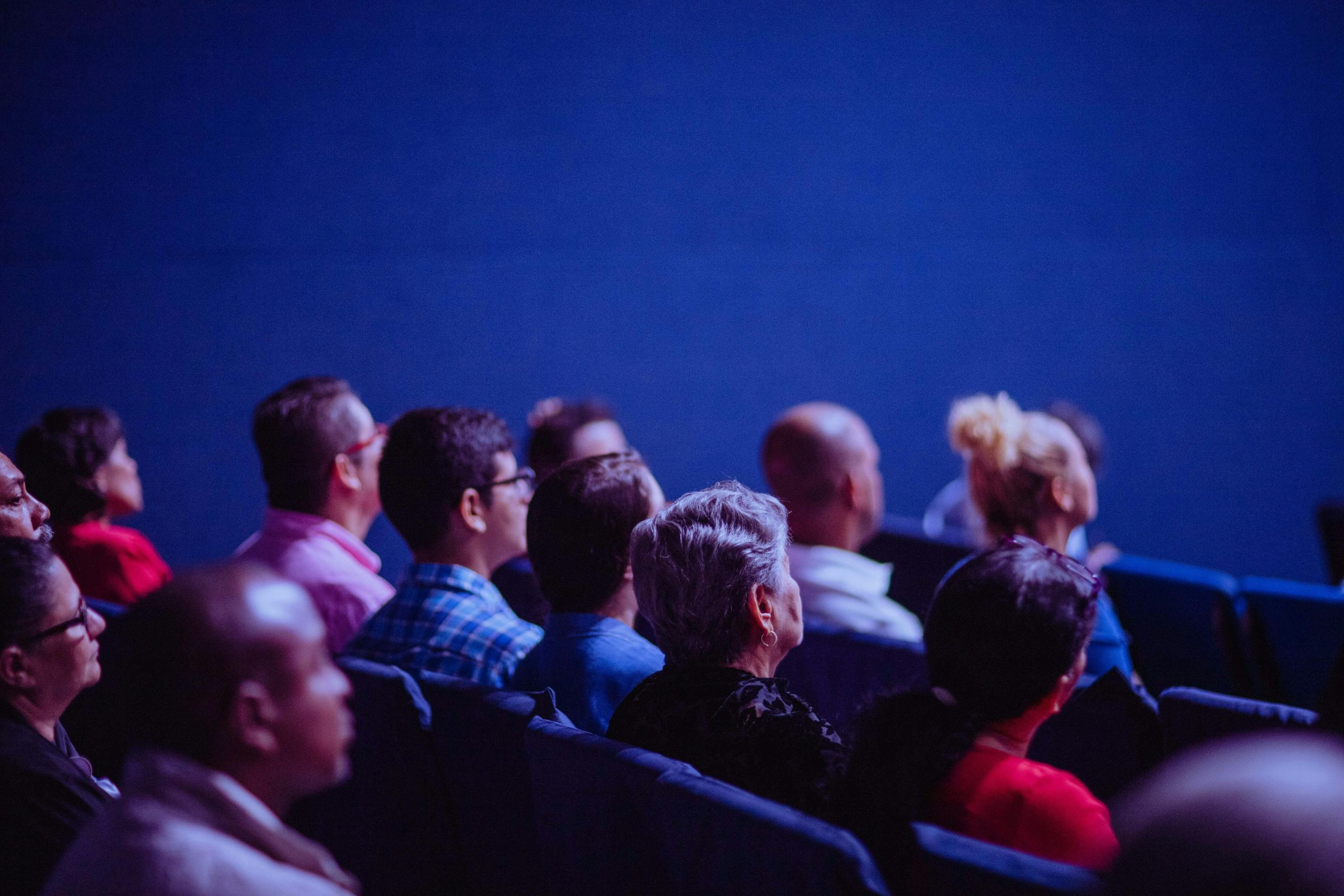The Importance of Dress Codes in Professional and Social Settings
When it comes to dressing for work or social events, many people tend to gravitate towards their most comfortable and casual outfits. However, in professional and social settings, dress codes play a significant role in shaping how we are perceived by others. Whether it’s a strict dress code at a corporate job or a more relaxed one at a social event, adhering to the expected dress code shows respect and professionalism. In this article, we will explore the importance of dress codes in professional and social settings and how it can impact our image and interactions with others.
The Impact of Dress Codes in Professional Settings
In a professional environment, dress codes are not just about wearing the right outfit; they also represent the company’s values and expectations. Dressing appropriately in the workplace conveys competence and dedication to one’s job. It also helps to establish a level of professionalism and sets the tone for a productive and respectful work environment. Here are some key reasons why adhering to dress codes is essential in professional settings.
1. Making a Good First Impression
As the saying goes, “you never get a second chance to make a first impression.” When meeting clients, partners, or colleagues for the first time, your appearance is the first thing they will notice about you. Dressing professionally and according to the company’s dress code shows that you take your job seriously and care about your professional image.
2. Reflecting Company Culture
The dress code at work often reflects the company’s culture and values. For instance, a conservative dress code can signify a more traditional and formal work environment, while a casual one can represent a more relaxed and modern approach. Adhering to the dress code shows that you understand and respect the company’s culture, which is crucial for building strong working relationships.
3. Maintaining a Professional Image
Our appearance is a reflection of our personal brand, especially in a professional setting. Dressing appropriately and professionally can enhance your credibility and authority at work. It also helps to differentiate between work and personal life, creating a clear distinction between the two and promoting a more focused mindset.
4. Promoting a Sense of Equality
Uniform dress codes or clear expectations for dressing professionally can promote a sense of equality in the workplace. When everyone is dressed similarly, it eliminates any distractions or biases based on attire, allowing everyone to focus on their work and contributions. It also promotes a sense of inclusivity, making everyone feel comfortable and valued in the workplace.
The Role of Dress Codes in Social Settings
While dress codes in social settings may not be as strict as in a professional environment, they still hold significance in shaping our interactions and image among friends and peers. Here’s why dress codes are important in social settings.
1. Showing Respect for the Host
When attending a social event, it’s essential to follow the dress code set by the host. It shows that you respect their choices and efforts in organizing the event. It also creates a sense of unity and cohesion among guests, making the event more enjoyable for everyone.
2. Setting the Tone for the Event
Whether it’s a formal dinner or a casual BBQ, the dress code for the event sets the tone for the occasion. Dressing appropriately creates a cohesive atmosphere and avoids any awkwardness among guests. It also allows everyone to feel comfortable and enjoy the event without worrying about their outfits.
3. Reflecting Your Personal Style
While adhering to the dress code is crucial in social settings, it doesn’t mean you can’t showcase your personal style. You can still add your own flair to the outfit by accessorizing or choosing colors and patterns that suit your taste. It’s a great way to express yourself while also respecting the dress code.
4. Avoiding Social Faux Pas
Social events are meant to be enjoyable, but wearing the wrong attire can result in embarrassing social faux pas. For example, showing up to a black-tie event in casual clothing can make you stand out in a negative way. Following the dress code ensures that you blend in with the crowd and avoid any awkward situations.
Final Thoughts
In both professional and social settings, dress codes play a crucial role in shaping our image and interactions with others. It’s essential to understand and adhere to the dress code, as it shows respect, professionalism, and promotes cohesion and inclusivity. While dress codes may seem restrictive, they can also allow us to showcase our personal style and make a positive impression on those around us. So, the next time you’re getting ready for work or a social event, remember the importance of dress codes and dress to impress!










